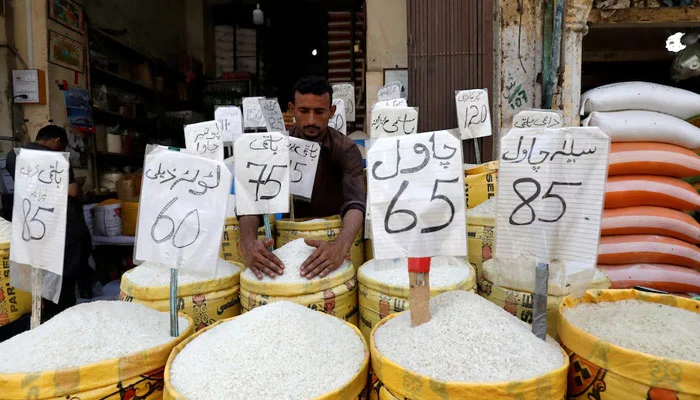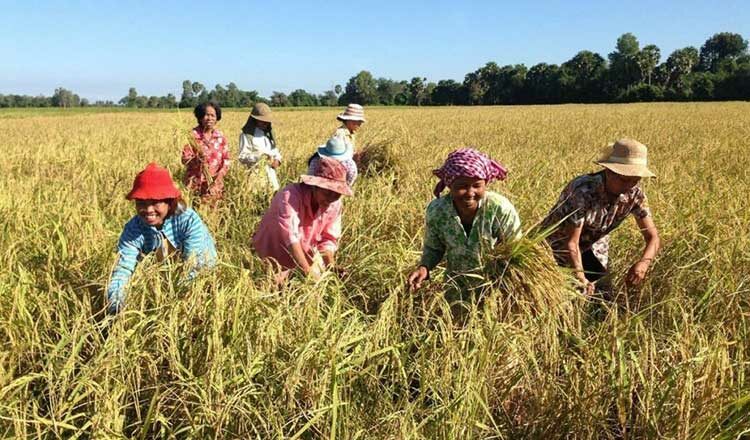
The Role of Technology in Modern Agriculture, Innovations Shaping the Future
July 26, 2024
The Impact of Land Grabs on Local Communities and Food Security
July 27, 2024
Water management is very important and necessary in rice cultivation, because rice is a water-intensive crop that yields on water. Water management practices can increase productivity, conserve water that can come in handy in difficult times, and ensure sustainable agriculture that yields good returns. This blog explores the challenges faced in water management for rice cultivation and suggests solutions to address these issues.
- Importance of water in rice cultivation
Rice is usually grown in wet soils where water is easily accessible, which helps in controlling weeds, pests and diseases and helps in the growth of the rice field which in turn leads to a stronger crop. However, this method, known as paddy or wet rice farming, requires large amounts of water. Ensuring a continuous supply of water is essential for crop growth, from planting to harvesting. To optimize water use and sustain productivity, especially in areas facing water scarcity, efficient water management practices are essential. With which everyone can get all the benefits.
- Challenges in water management
One of the main challenges in rice cultivation is the availability and distribution of water. Sindh often does not receive its fair share of water, while Punjab controls a significant portion of the supply. This disparity leads to irregular rainfall patterns and water shortages in many rice-growing regions. Consequently, waterlogging and damage occur, making it difficult to maintain the necessary water levels for healthy rice cultivation. Additionally, inefficient irrigation systems can lead to water wastage and uneven distribution. Climate change exacerbates these problems as the lack of rains is an environmental problem that prevents water from flowing into rivers. Water scarcity will change many patterns and increase the number of droughts and floods that affect traditional farming practices.
- Modern irrigation technology
To meet these challenges, innovative irrigation technology methods have been developed and are being implemented. One such method is alternate wetting and drying (AWD), which involves drying plants periodically rather than constantly flooding them. AWD reduces water usage by up to 30% without compromising productivity which increases crop yield. Another technique is the use of deep irrigation, which delivers water directly to plant roots, reducing evaporation and runoff, which keeps plants healthy. These practices not only conserve water but also help improve crop resilience and reduce greenhouse gas emissions.
- Role of technology in water management
Advances in technology play an important role in improving water management in rice farming, thereby maintaining crop yields. Remote sensing and satellite imagery provide real-time data on soil moisture levels, helping farmers make informed decisions about irrigation scheduling. Automated irrigation systems equipped with sensors and controllers can adjust water supply based on crop needs, ensuring proper water use. Mobile apps and digital platforms also provide farmers with weather forecasts and water management recommendations, increasing their ability to respond to changing conditions that farmers are well informed about.
5. Policy and Community-Based Approaches
Effective water management in rice farming also requires supportive policies and community-based approaches. Governments can implement regulations and provide incentives for adopting water-saving technologies and practices. Community involvement in managing shared water resources, such as constructing and maintaining irrigation canals, can improve water distribution and efficiency. Training and educating farmers on sustainable water management practices are essential for widespread adoption and long-term success.
In conclusion, water management is a critical aspect of rice farming, facing numerous challenges due to water scarcity, climate change, and inefficient irrigation systems. However, through innovative irrigation techniques, technological advancements, and supportive policies, these challenges can be addressed. By implementing sustainable water management practices, farmers can ensure the productivity and sustainability of rice farming, contributing to global food security and environmental conservation.
Irrigation of Rice Crop is important for a good crop, and rice crop is important in the world, there is a great need for rice.





